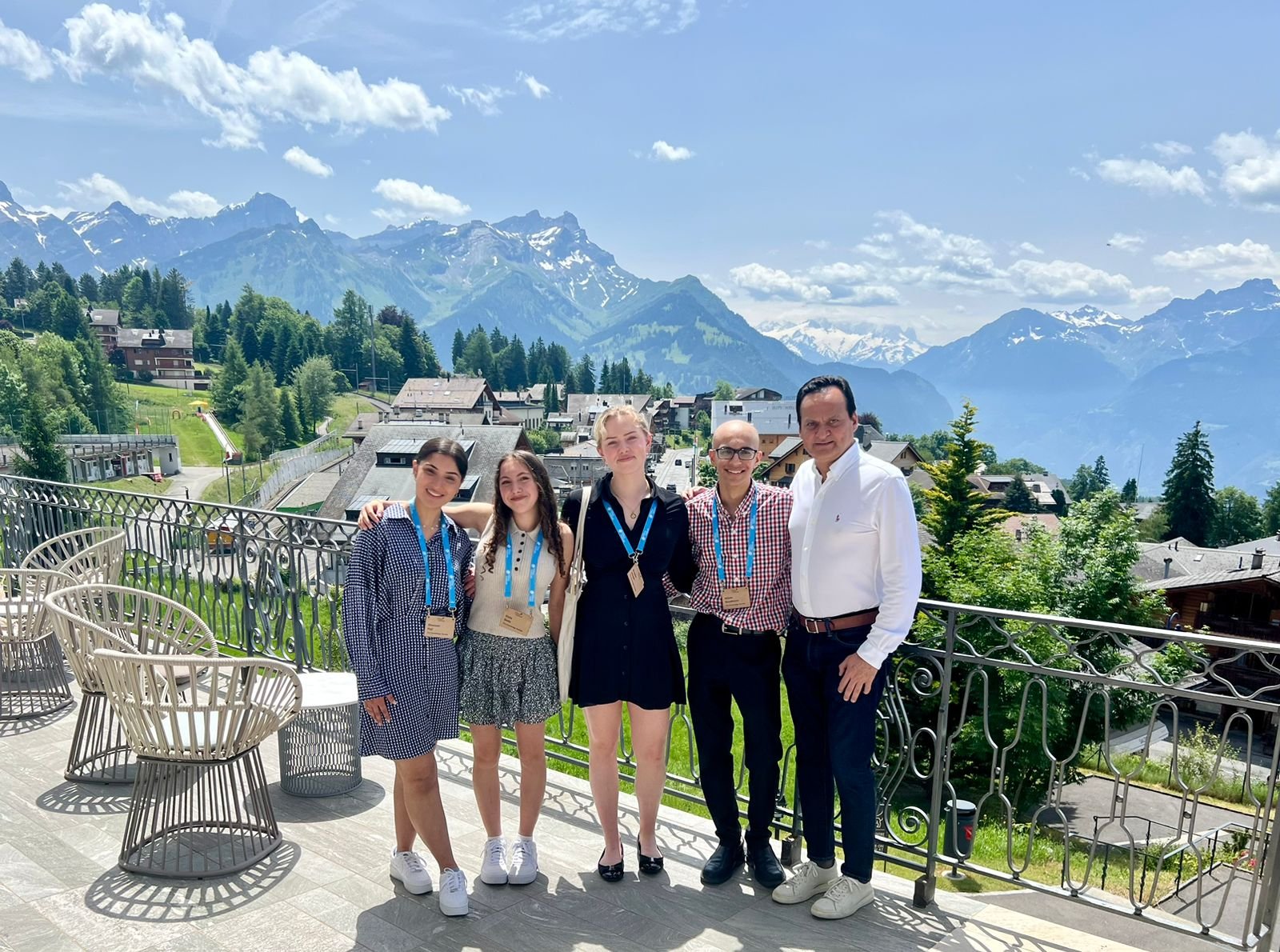
Conversation with The Knowledge Society (TKS) at The Villars Institute
Brooke Joseph Viola Seda Shanzeh H. Aliyan Boodhwani
Nadeem Nathoo for insights of How TKS creates successful outcomes and what happens at TKS.
Missed you Navid Nathoo , Vivek Kommi , Krishiv Thakuria , Isabela Ferrer , Tanvi Sheth , Rachel Lee , Beatrice Milasan , Theodore Grether-Murray , Vinaya Sharma and all of you ( see in comments below )
Lot to unpack from 4 days of intergenerational and interdisciplinary sessions on Systems Leadership as a Solution to Global Challenges
Connectivity, Content and Context to issues like climate change, economic inequality, and social justice is the main topic of conversation by young minds and leaders as a pivotal approach, combining system thinking with leadership principles to create holistic, adaptive, and meaningful outcomes for sustainable solutions.
Elements of Systems Leadership
Holistic Perspective: Understand the interdependencies within complex systems.
Collaboration Across Boundaries: Break down silos and foster cross-sector partnerships.
Adaptive Solutions: Develop flexible, dynamic responses to evolving challenges.
Empowerment and Inclusion: Engage diverse stakeholders in decision-making processes.
Long-Term Vision: Focus on sustainable, future-oriented outcomes.
Innovative Thinking: Encourage creativity and identify leverage points for impactful change.
Empowering the Systems Leaders of Tomorrow
To address the multifaceted challenges of our time and to cultivate a new generation of systems leaders equipped with interdisciplinary and intergenerational collaboration skills by fostering principles and practice to empower future leaders to drive meaningful, sustainable change with sense of purpose.
Let us collectively invest in systems leadership today to build a better tomorrow.
- Integrate systems thinking and leadership principles into educational curriculum.
- Offer professional development workshops and seminars on systems leadership.
- Form cross-functional teams to tackle complex problems collaboratively.
- Implement inclusive decision-making processes to ensure diverse voices are heard.
- Develop integrated policies that reflect a systems perspective.
- Establish flexible governance structures capable of adapting to change.
- Use participatory approaches to involve communities in problem-solving.
- Maintain transparent communication to build trust and facilitate cooperation.








